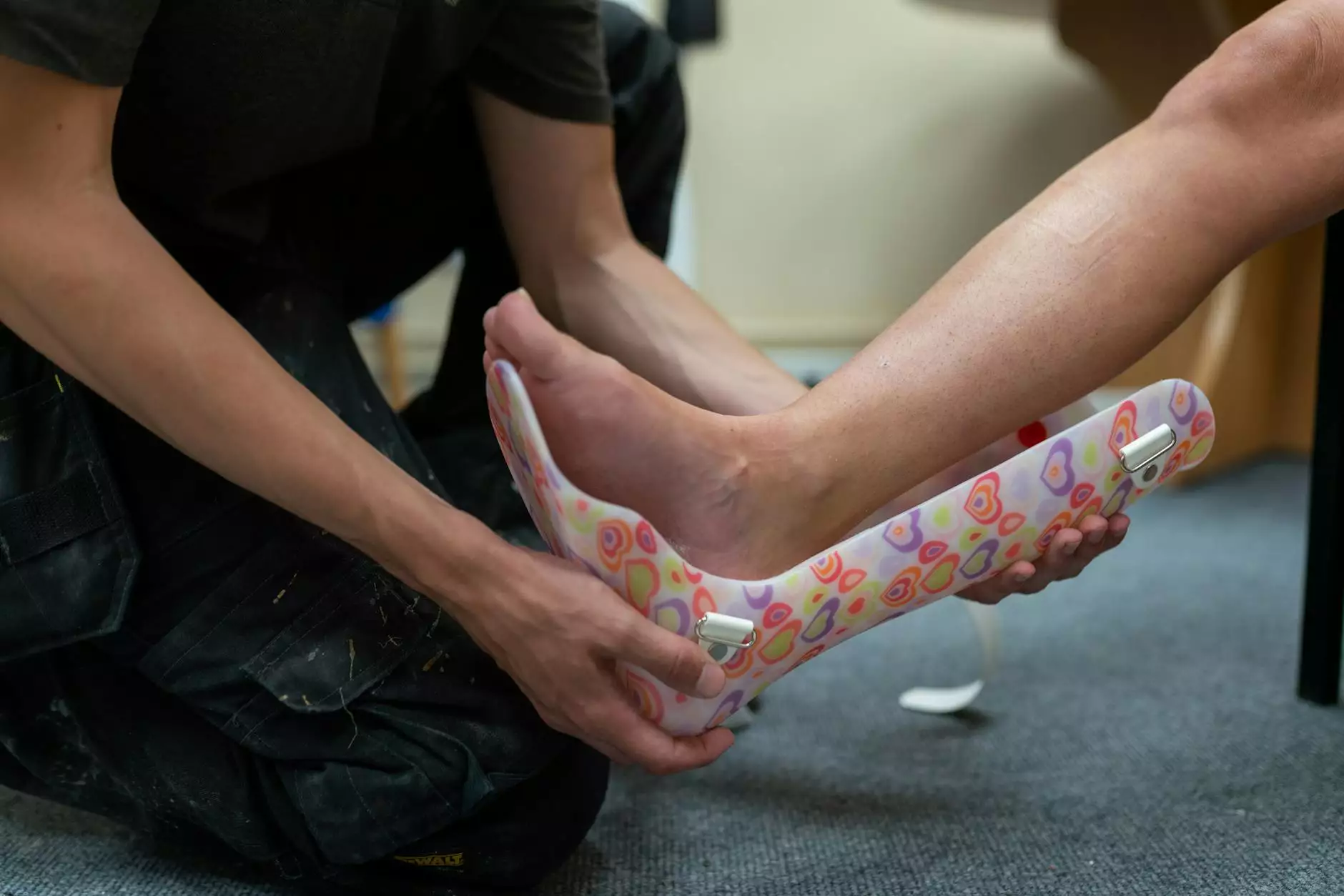Understanding Sci Splint Costs in the UK

In recent years, dental splints have gained popularity as effective solutions for various dental issues, particularly when it comes to managing bruxism (teeth grinding) and temporomandibular joint disorders (TMJ). This article will delve deeply into the sci splint cost in the UK, while also exploring its benefits, types, and factors that influence pricing. Whether you are considering a dental splint for treatment or simply seeking information, this guide aims to equip you with all the necessary knowledge.
What is a Dental Splint?
A dental splint is a custom-made appliance designed to stabilize and protect your teeth and jaw. Primarily used to address issues like bruxism and TMJ, splints can help alleviate pain, prevent further damage to teeth, and improve overall oral function. They are typically made from durable materials that can withstand daily wear and tear.
Types of Dental Splints
When it comes to dental splints, there are several types to consider, each tailored to specific needs:
- Stabilization Splints: These are often used to manage TMJ disorders and provide relief from muscle pain.
- Repositioning Splints: These splints adjust the position of the jaw to help with alignment issues.
- Soft Splints: Ideal for those suffering from mild bruxism, they provide comfort and cushioning.
- Hard Splints: These are more durable and provide higher protection for severe cases of bruxism.
Why Choose a Dental Splint?
Choosing to invest in a dental splint can be a life-changing decision for many. Here are some benefits to consider:
- Pain Relief: Splints can help reduce pain associated with TMJ and bruxism.
- Protection: They protect teeth from excessive wear and tear due to grinding.
- Improved Sleep: Many users report improved sleep quality as a result of reduced jaw tension.
- Custom-Fit: Each splint is individually tailored to fit the unique contours of your mouth.
What Influences Sci Splint Costs in the UK?
The cost of a sci splint in the UK can vary widely based on several factors:
1. Type of Splint
The type of splint you choose plays a significant role in determining the cost. For example, a hard splint designed for severe grinding issues will typically cost more than a soft splint.
2. Customization
Custom-made splints, which are fitted specifically to your dental structure, can be pricier than over-the-counter solutions but are usually more effective.
3. Dentist's Expertise
The experience and reputation of the dental professional also influence prices. Highly qualified dentists may charge higher fees for their services.
4. Location
The geographical location of the dental practice can affect costs. Practices in urban areas may have higher overheads and therefore, higher prices.
5. Additional Treatments
If you require additional dental work or assessments before getting a splint, these costs will add to the total expense.
The Average Costs of Sci Splints in the UK
On average, the cost of a sci splint in the UK can range from £300 to £1,000. Here’s a breakdown of potential prices:
- Soft Splints: Approximately £300 to £600.
- Hard Splints: Around £700 to £1,000.
- Combination Splints: Can range from £500 to £1,200, depending on complexity.
Insurance and Payment Options
It's important to check if your dental insurance covers any portion of the cost of dental splints. Many insurance plans offer partial reimbursement, making this treatment more affordable. Here are some common options:
1. Insurance Coverage
Some insurance providers may cover part of the cost of splints, especially if they are deemed medically necessary.
2. Payment Plans
Many dental practices offer payment plans or financing options that allow patients to spread out their payments over time.
Steps to Obtain a Dental Splint
Here’s a step-by-step guide on how to obtain your dental splint:
- Book a Consultation: Schedule an appointment with a qualified dentist to discuss your symptoms.
- Diagnosis: Your dentist will assess your dental health and determine if a splint is necessary.
- Custom Mold: If approved, the dentist will take molds of your teeth to create a custom splint.
- Fit and Adjustment: Once the splint is ready, your dentist will fit it and make any necessary adjustments.
- Follow-Up: Regular check-ups may be required to monitor your dental health and ensure the splint is working effectively.
Maintaining Your Dental Splint
To ensure your dental splint lasts and functions effectively, proper maintenance is paramount:
- Cleaning: Rinse your splint after each use and clean it thoroughly with a toothbrush and mild soap.
- Storage: Keep it in a protective case when not in use.
- Regular Checks: Schedule regular appointments to check for wear or adaptation issues.
Conclusion
Investing in a dental splint can prove invaluable for individuals struggling with bruxism or TMJ disorders. While the sci splint cost in the UK may seem significant, the benefits often outweigh the initial expense. A good splint not only alleviates pain but also protects your teeth and enhances your quality of life. If you’re considering a dental splint, reach out to a reputable practice like Silicon Dental, where experienced dental professionals can guide you through the process.
Take Action Today!
Don't let dental issues hold you back any longer. Contact Silicon Dental at silicondental.co.uk to book your consultation and take the first step towards a pain-free tomorrow.
sci splint cost uk








